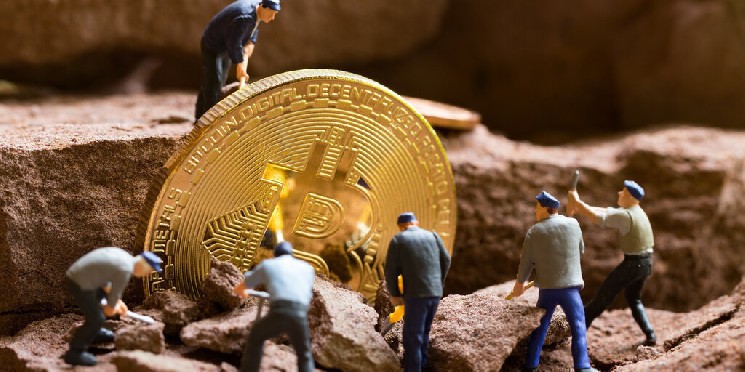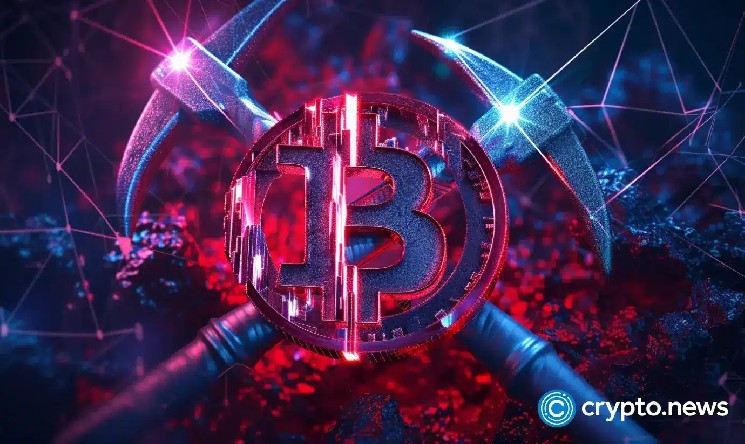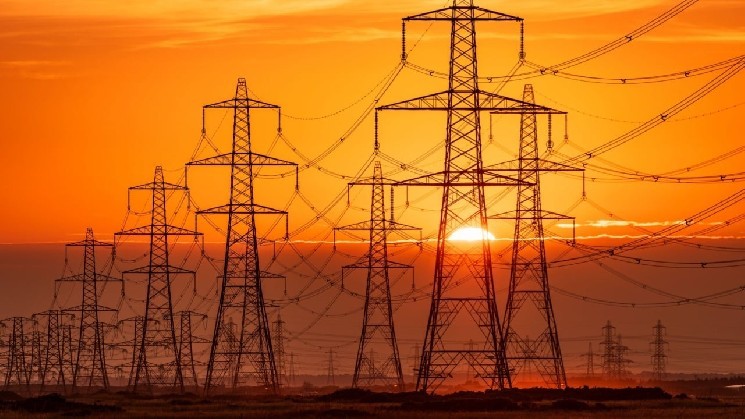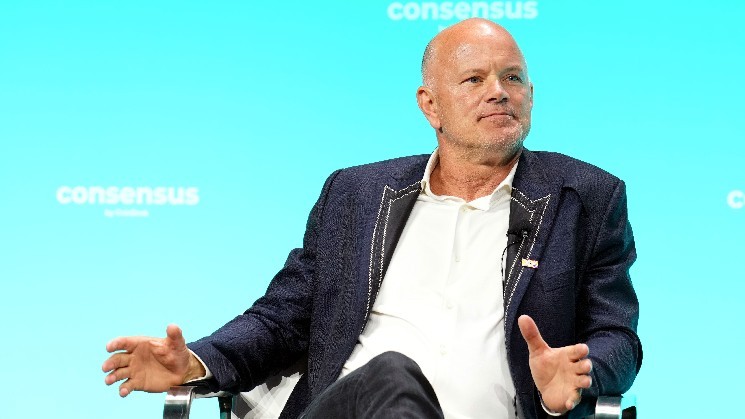Lately, Bitcoin solo miners have been mining more blocks – what does this mean?

Last week, another solo Bitcoin miner tried his hand, successfully processing a block and receiving a reward of 3.125 BTC. At the time — including transaction fees — that amounted to $259,637 for the day. It was one of several such solo results in recent months.
Is fortune smiling on the miner? Is solo mining becoming more common? And can an ordinary person hook up a hobby mining machine and succeed with minimal resources compared to public miners?
The answers vary. Solo miners ( a term that covers both individual hobbyists and groups that prefer to operate privately) are more likely to succeed, though not as dramatically, and their overall numbers are unlikely to increase significantly.
SOLO BLOCK SUCCESSFULLY MINED! pic.twitter.com/R0rRHW2wrb
— Solosatoshi.com™⚡️ (@SoloSatoshi) March 29, 2025
According to Scott Norris, CEO of independent Bitcoin miner Optiminer, mining without the support of a large pool is “still like playing the lottery.”
In 2022, solo miners using Solo CKPool — a service that allows anonymous miners to start the process without having to run their own full Bitcoin node — found seven blocks. In 2023, that number increased to 12 blocks. Looking ahead to 2024, it has increased to 16 blocks.
However, a block mined by Solo CKPool (which, despite its name, is not a traditional pool) does not necessarily indicate that someone is mining Bitcoin at a very low hash rate, alone in their home. Some Crypto Twitter observers have loudly, but incorrectly, claimed otherwise.
The mining pool market is dominated by a few big players, such as Foundry, AntPool, and F2Pool. Miners join a pool, share resources, and split the rewards. Using a service like Solo CKPool, a miner receives the reward immediately after finding a block and keeps almost all of it.
As the Bitcoin network grows, more power and resources are required to mine blocks, and mining operations are often industrial operations run by public companies. Some dedicated Bitcoiners see this as a negative for Bitcoin, as the network needs to remain as decentralized as possible.
Hobbyist mining rigs like the Bitaxe and FutureBit Apollo, which cost between $200 and $500, have become the go-to gadgets for “bitcoin maximalists.” In January, the FutureBit Apollo found a block — but only thanks to a nonprofit group donating hashrate (the computing power dedicated to supporting the bitcoin network) to the machine from other devices.
The goal was to “dismantle the private mining empire to make Bitcoin and the technology of freedom available to everyone,” Bitcoin miner Econoalchemist wrote on X at the time.
If you want to support our mission to destroy the private mining empire and make Bitcoin and freedom technology available to everyone, please send your miners to:
stratum+tcp://donate.256foundation.org:3333
and set the name of the workflow:
bc1qce93hy5rhg02s6aeu7mfdvxg76x66pqqtrvzs3— burn the bridge (@econoalchemist) January 28, 2025
Despite the low odds, the rise of hobby miners may have contributed to the noticeable rise in individual block wins in recent months. In an interview with Decrypt, Econoalchemist noted the recent trend of increasing individual achievements.
“Every now and then, and increasingly, that one machine [processing a block] turns out to be a Bitaxe or similar small mining rig quietly running in someone's home,” he said.
Scott Norris of Optimer added that conglomerates can process blocks without relying on a large pool, but rather by having a high hash rate.
Even Houston, Texas-based Solo Satoshi, which sells mining hardware like the Bitaxe Gamma, claims on its website that using a $180 Bitaxe machine with a 1.2 terahash per second hashrate will give you a 0.00068390% chance of finding a block per day.
However, Matt Howard, the founder of Solo Satoshi, stated that solo mining is not necessarily about making a profit.
“The main goal is more decentralization. Finding a block and getting a reward in bitcoins is just a bonus,” he said. “Bitcoin maximalists understand that mining should be decentralized
Source: cryptonews.net



